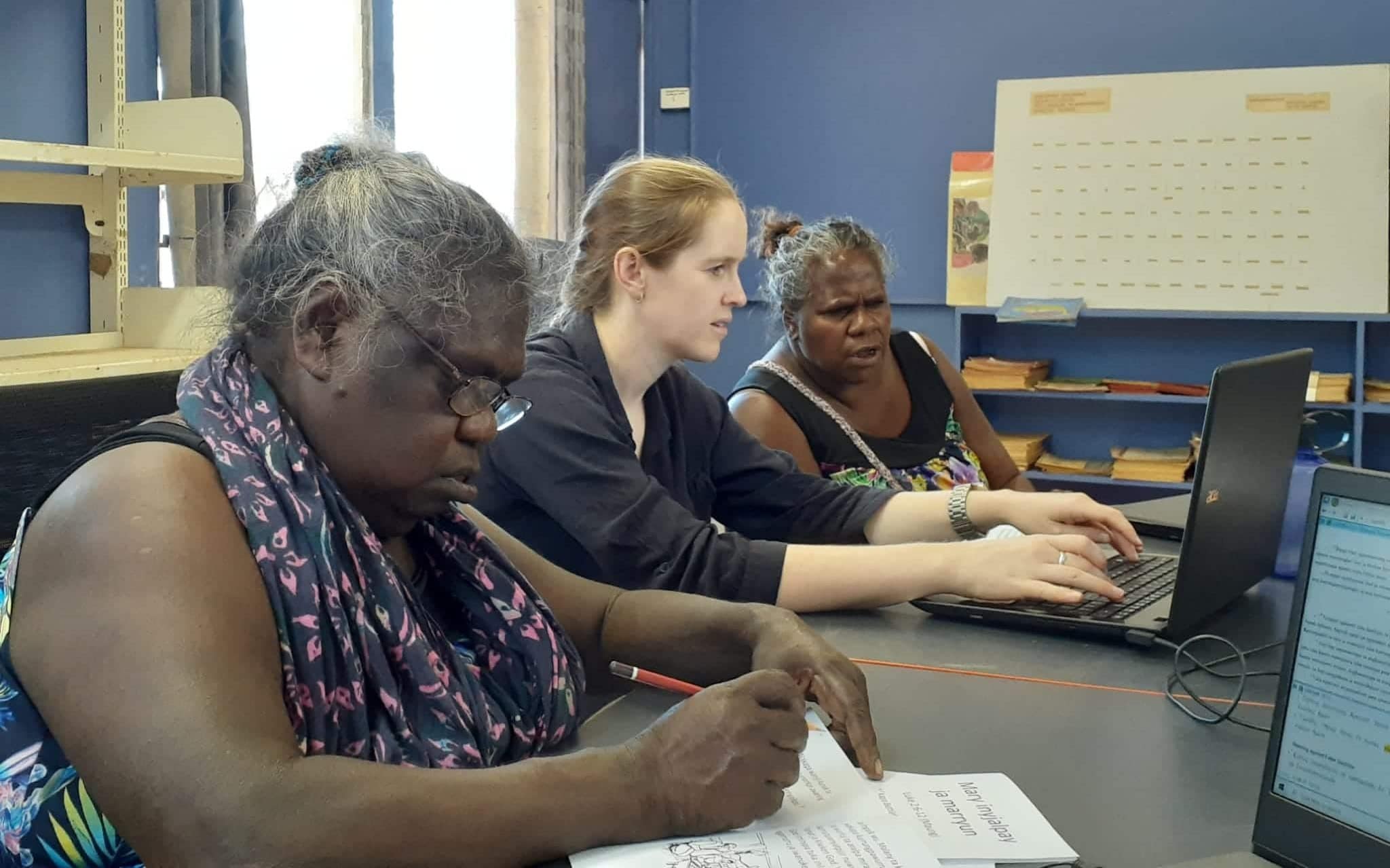
Kirralee Nicolle
21 April 2022
Indigenous Australians are undergoing medical treatments without fully understanding the nature of their condition, says a Darwin-based linguist.
An Anglican translator with Wycliffe Bible Translators, Kathy Dadd, said that expecting Australians with Indigenous first languages to use English during medical appointments led to reduced comprehension.
Ms Dadd said that encouraging the use of first languages while accessing medical services was an issue of ethics.
“If people were having surgery, and they hadn’t [fully] given consent, then that would be a problem,” said Ms Dadd.
She told of an Indigenous Australian woman who had mentioned to Ms Dadd that she was to have surgery the following week.
When Ms Dadd asked her about the nature of the surgery, the woman replied that she was not sure.
Ms Dadd said that while many speakers of non-Indigenous languages were able to access interpreting services in their first language, many Indigenous Australians would be hard-pressed to find an interpreter who understood them.
Ms Dadd also said that there was a gap between cultural understandings of health among Australians who speak English as a first language and those who speak Indigenous languages.
Ms Dadd said that signals such as nodding or being able to repeat information did not necessarily inform the medical staff that information relayed in English had been understood.
She said that a feature of Indigenous Australian culture was a high regard for the ownership of information.
If a doctor omitted details when informing an Indigenous Australian patient of a treatment course, the patient may not feel it appropriate to request further information, Ms Dadd said.
Ms Dadd said that the best way to address these issues was firstly to “increase awareness”.
She said that this awareness was key to policy change.
“If all of Australia understood the situation [for Indigenous Australians] better, we would have different policies,” said Ms Dadd.
“[Indigenous Australian languages] would be more of a priority,” she said.
The Australian Institute of Aboriginal and Torres Strait Islander Studies lists the number of Indigenous Australian languages at greater than 250, with 800 recognised dialects.
For more faith news, follow The Melbourne Anglican on Facebook, Twitter, or subscribe to our weekly emails.






